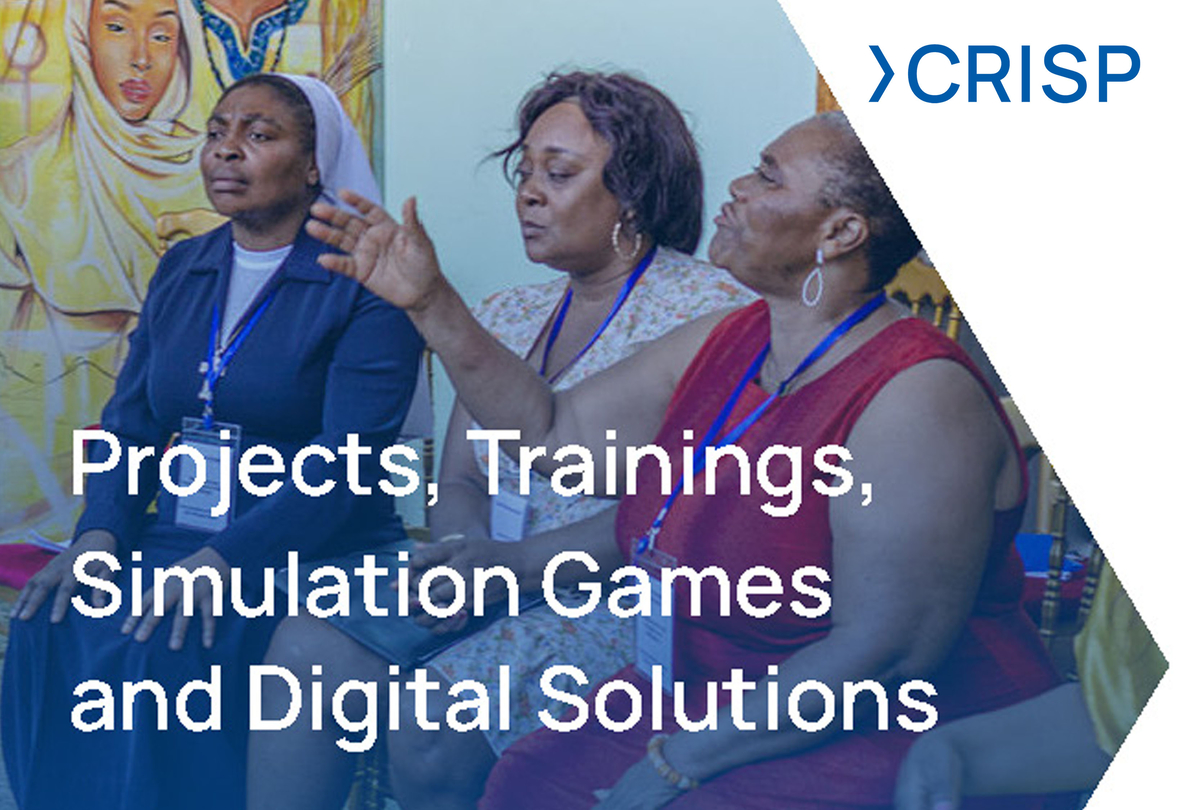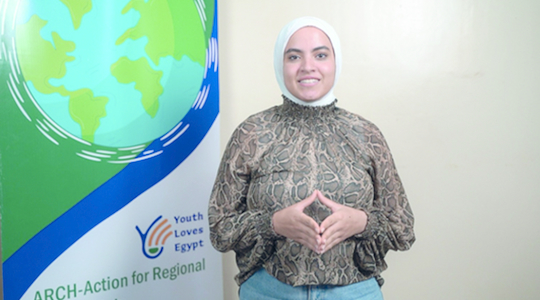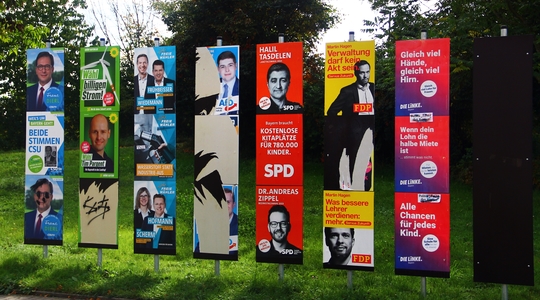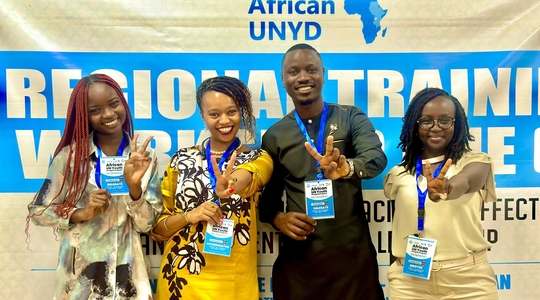Our new work design brings forth all relevant information about CRISP’s activities in a concise and reader-friendly way.
The Infopaper summarizes CRISP’s background, aims, goals, methods, projects and our achievements. These are focused on developing, organising and accompanying consultations in the fields of conflict transformation, civic education and citizen participation.
By presenting our past achievements and services, we aim to show the relevance of our work, which strives for diverse and inclusive societies. By reflecting on our previous work, we can highlight the relevance of establishing robust networks and creating spaces in which different narratives can be discussed and accepted to tackle social and political challenges.
In the Infopaper, you will also find information about our learning tools. We have re-designed our Infopaper to discuss our projects, trainings, workshops, simulation games and digital solutions in a compact way. By transitioning from the processes of our work to our services, you can gain a comprehensive overview of what CRISP does on a daily basis, and how interactive, experience-based learning contributes significantly to conflict transformation.
CRISP's work is developed, guided and led by our experienced staff, whose diverse set of qualifications and skills allows us to adapt to a variety of conflict situations, while simultaneously remaining true to the core values of CRISP. Always highlighting the significance of constructive confrontation that allows stakeholders reach a better situation.
The selected activities in the Infopaper reflect the variety of tools we use, as well as the diversity in target groups. Showing how the various trainings CRISP offers have already been realized in several formats with numerous different partner organizations from all over the world. These activities increase international and intercultural understanding, tolerance, and foster democratic values.



